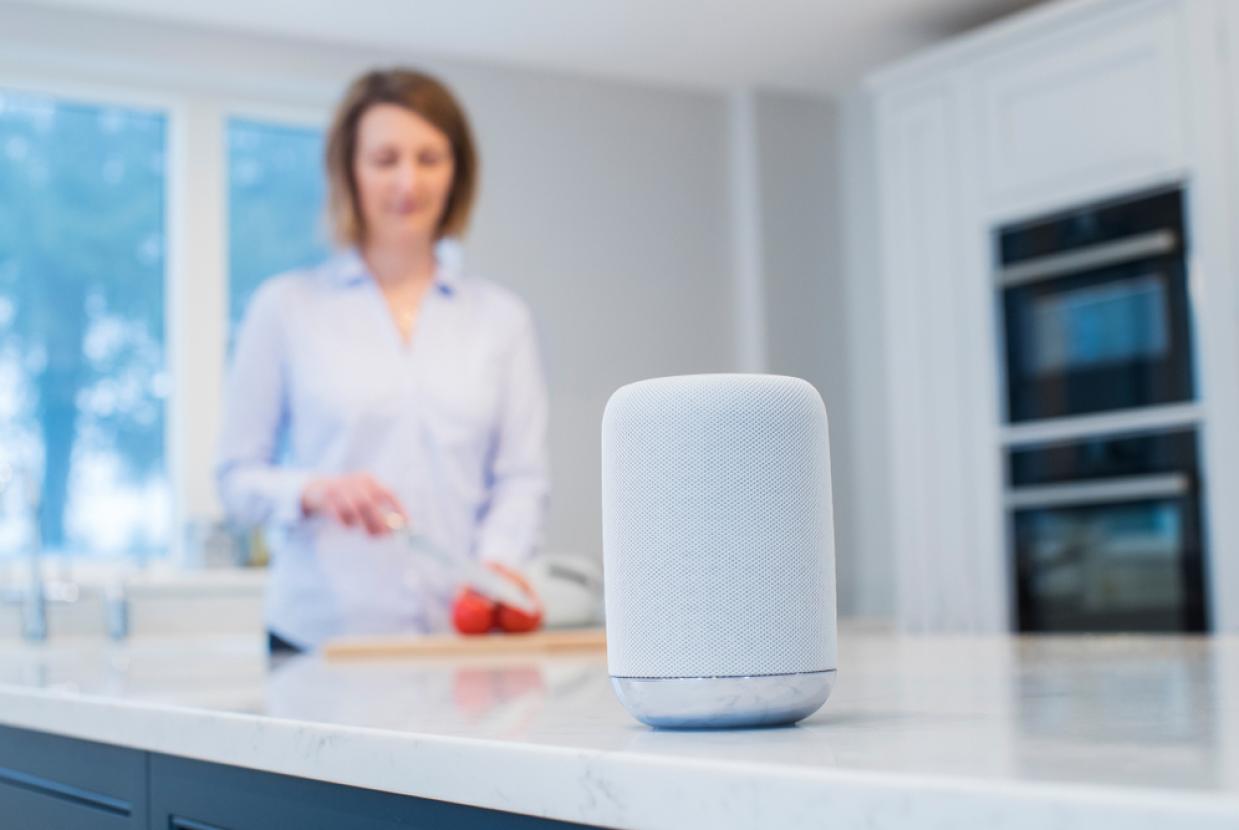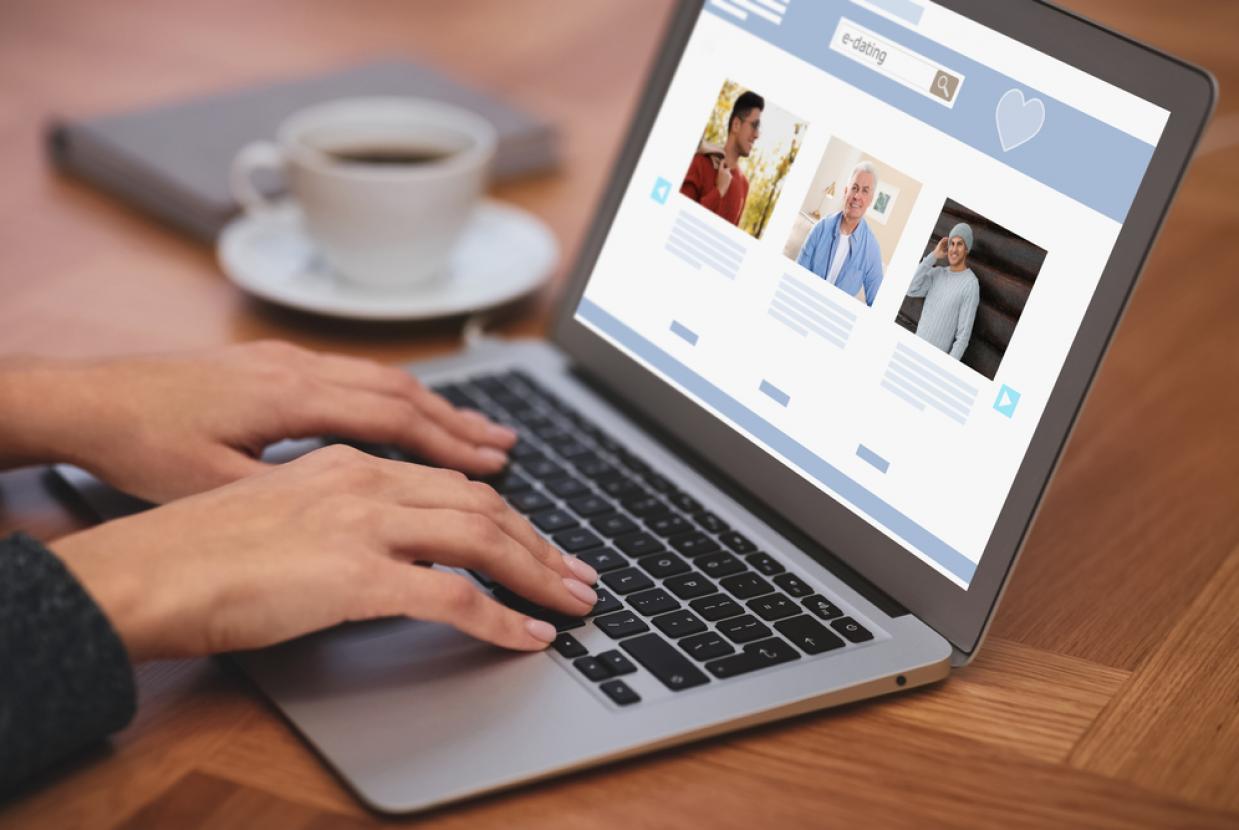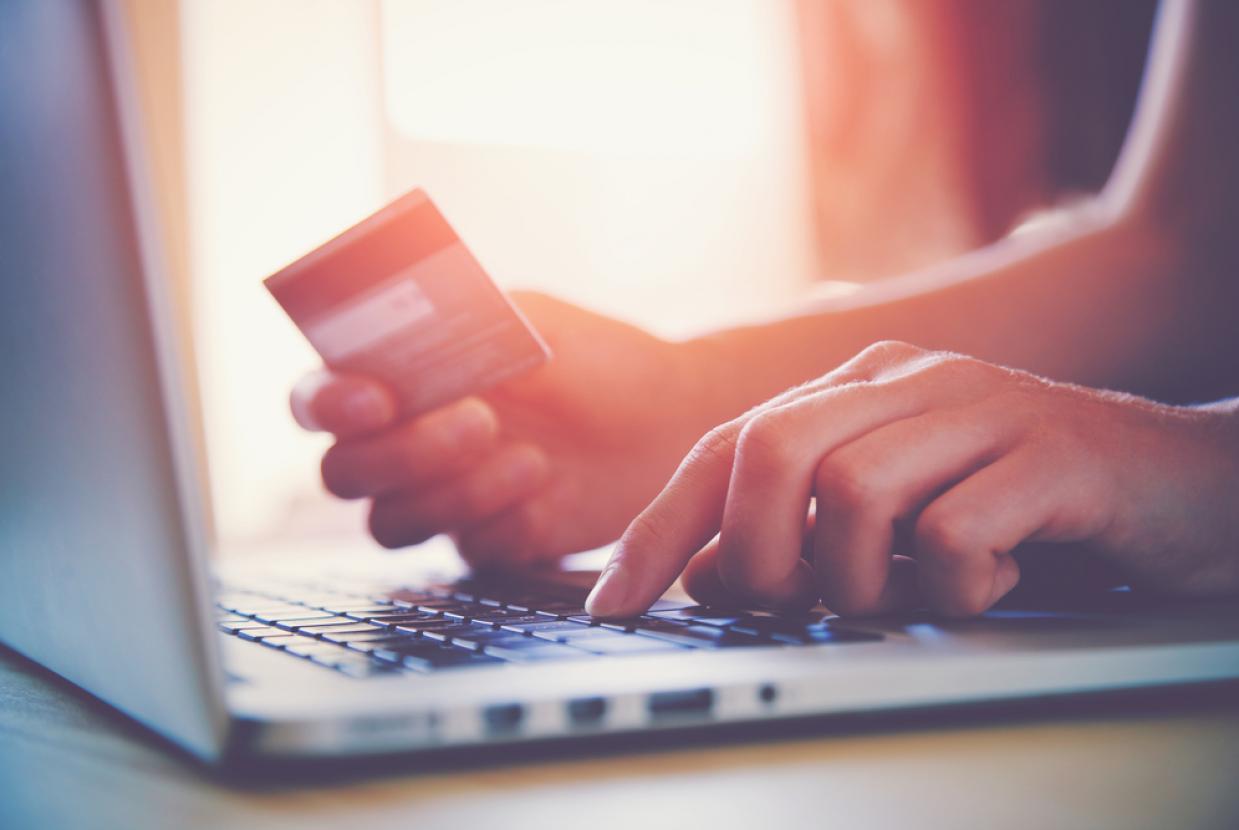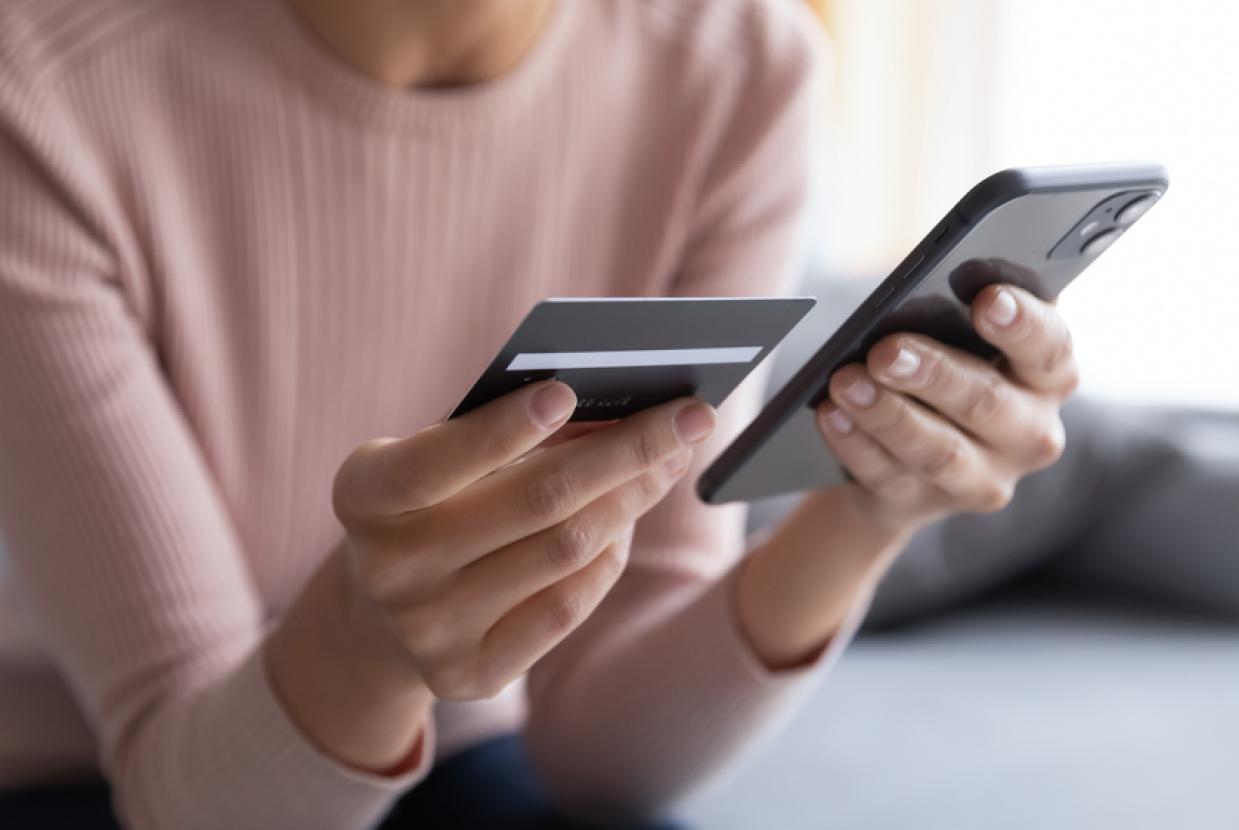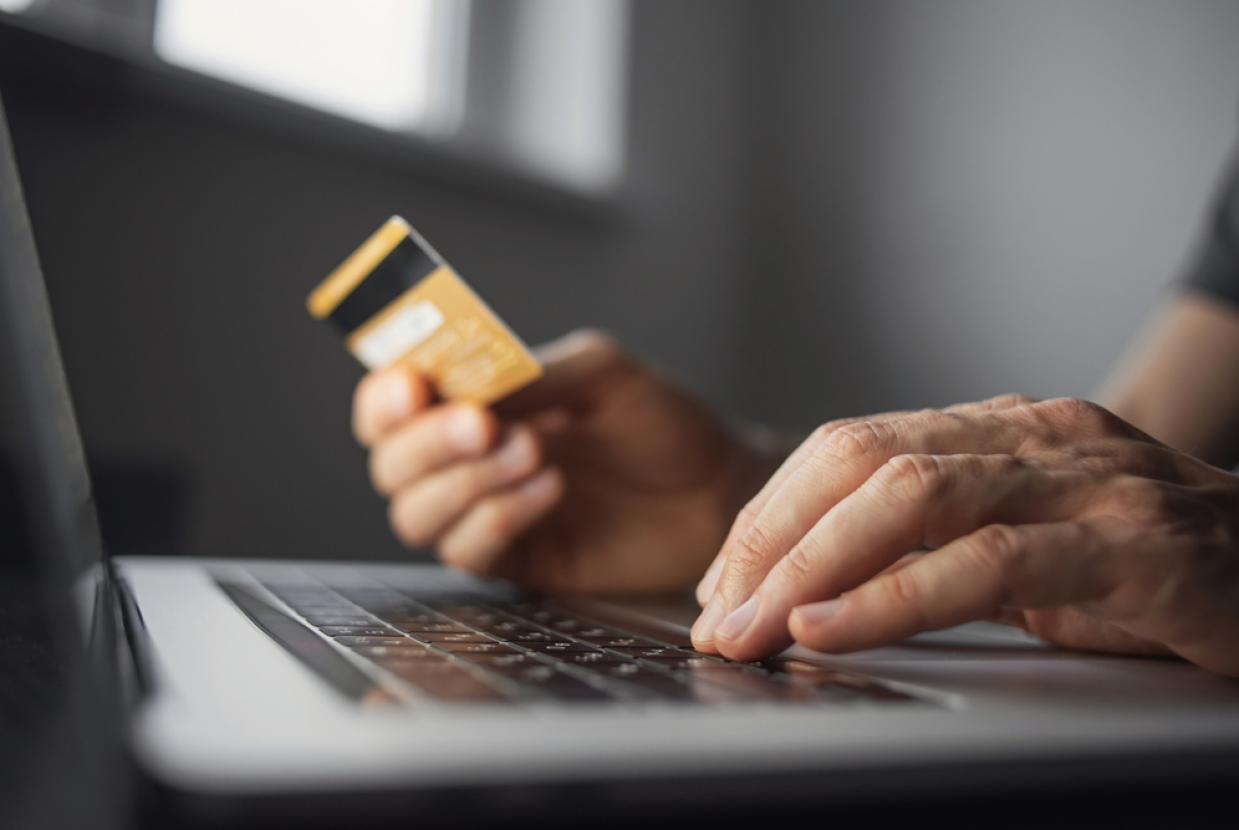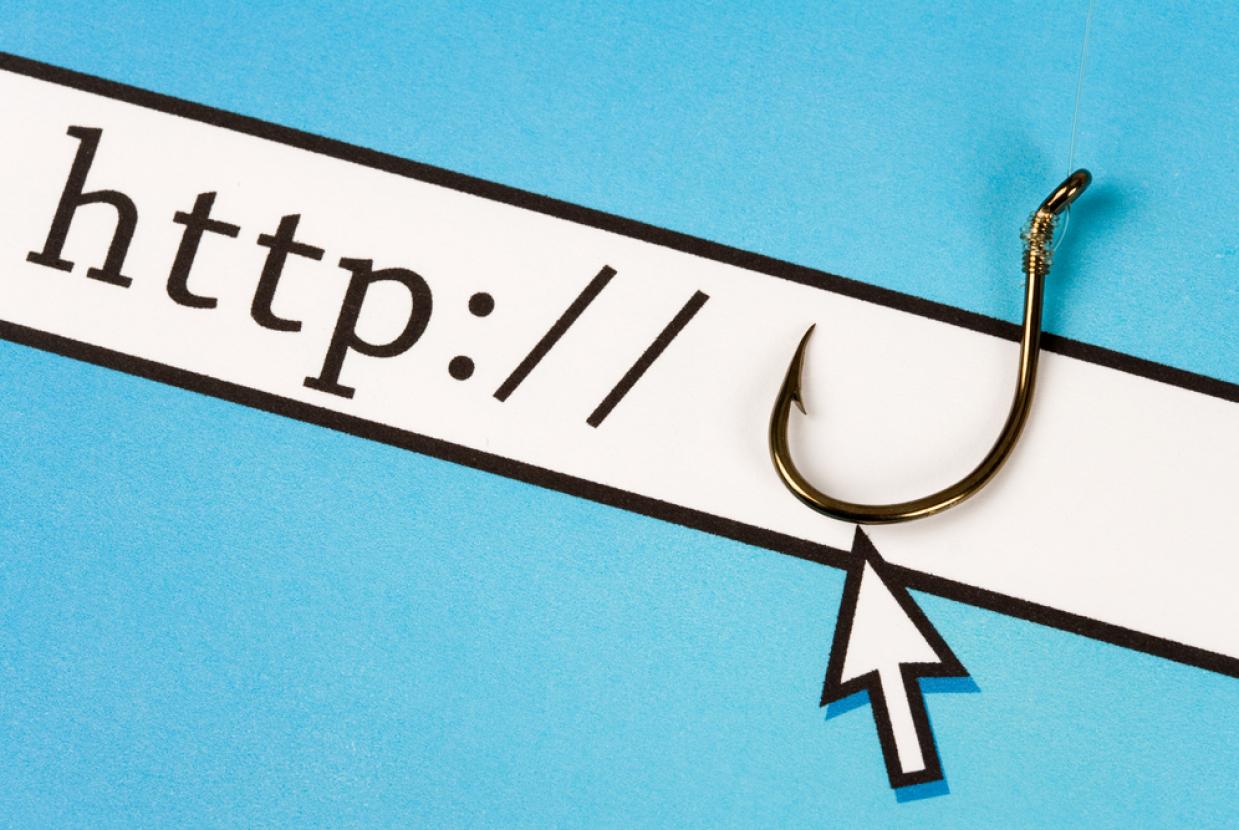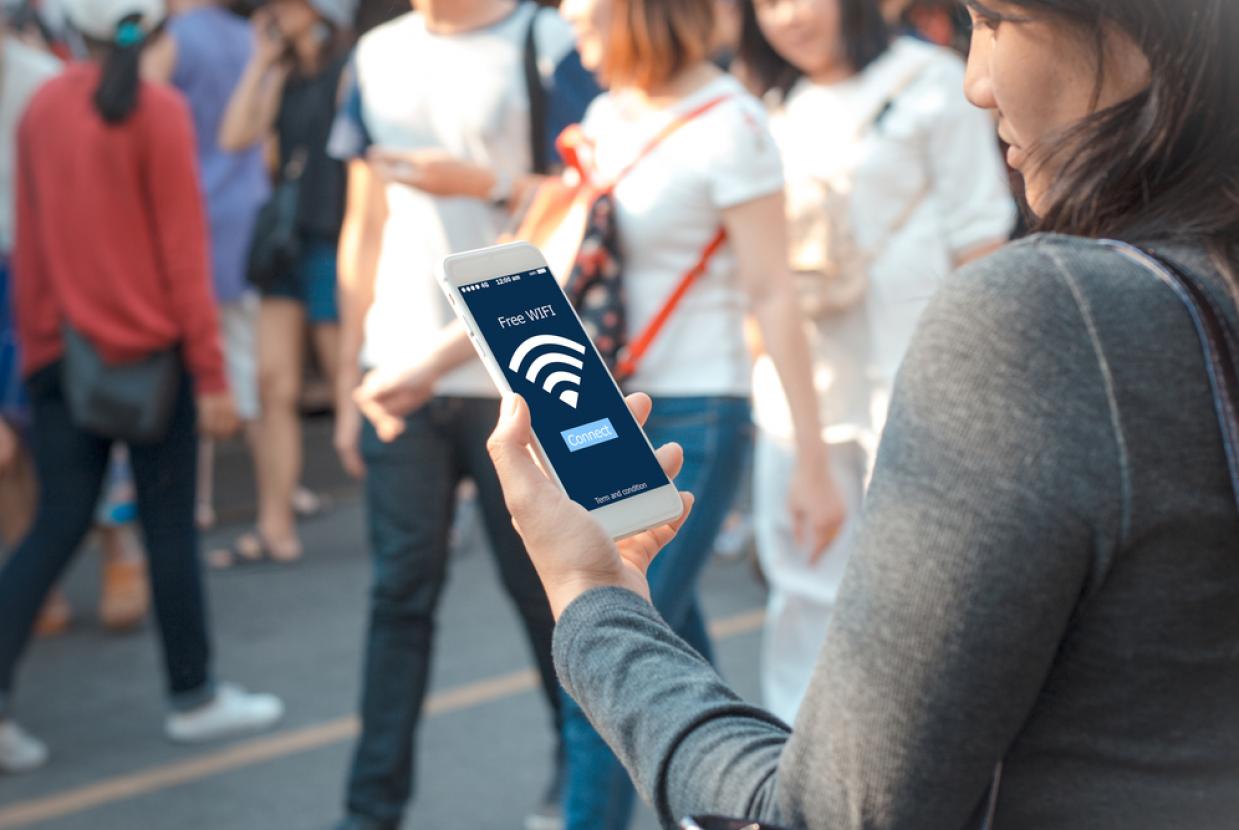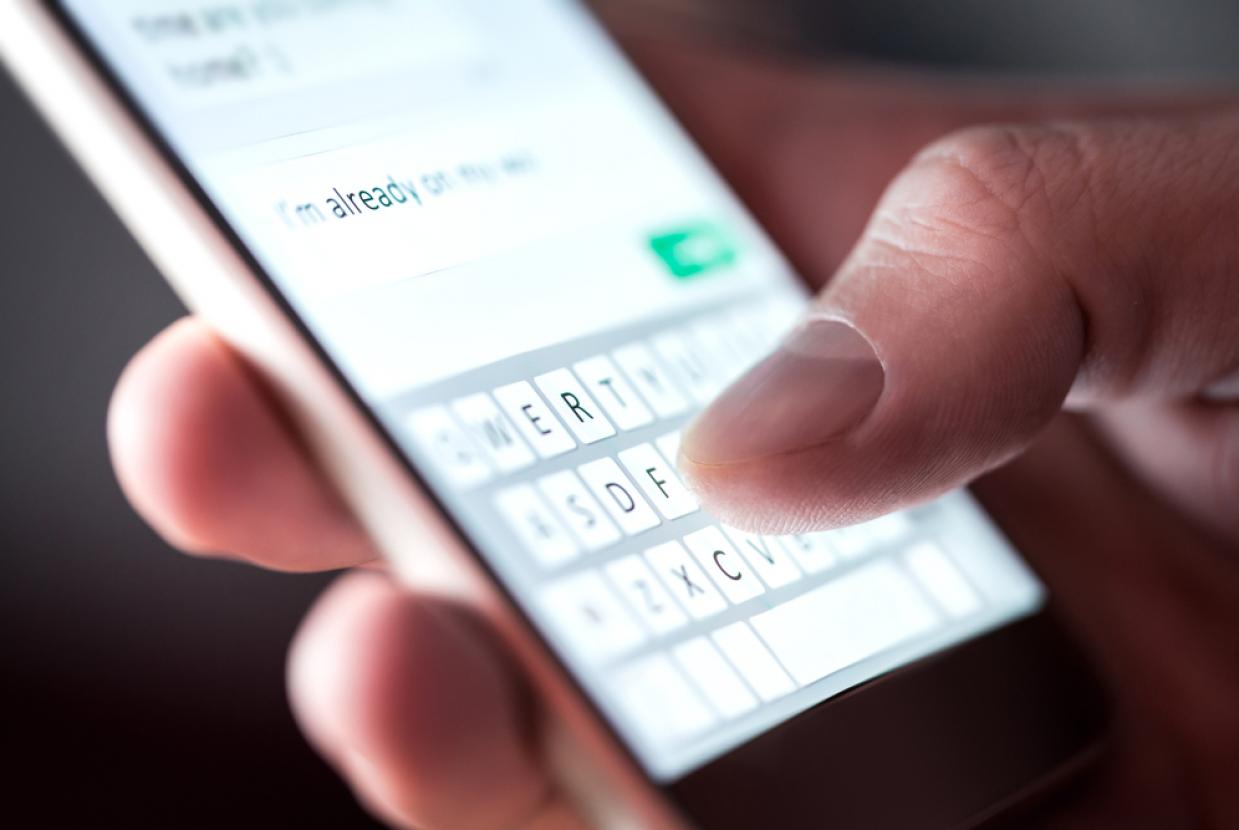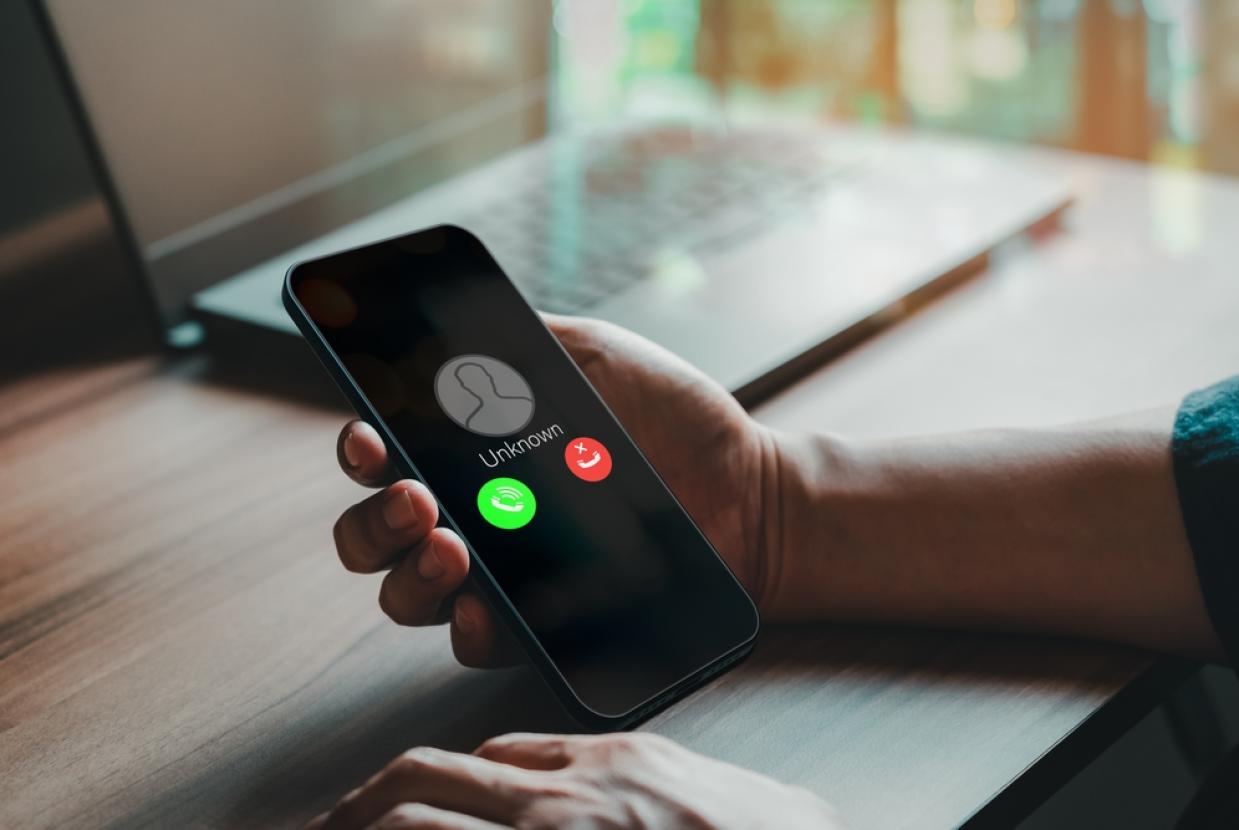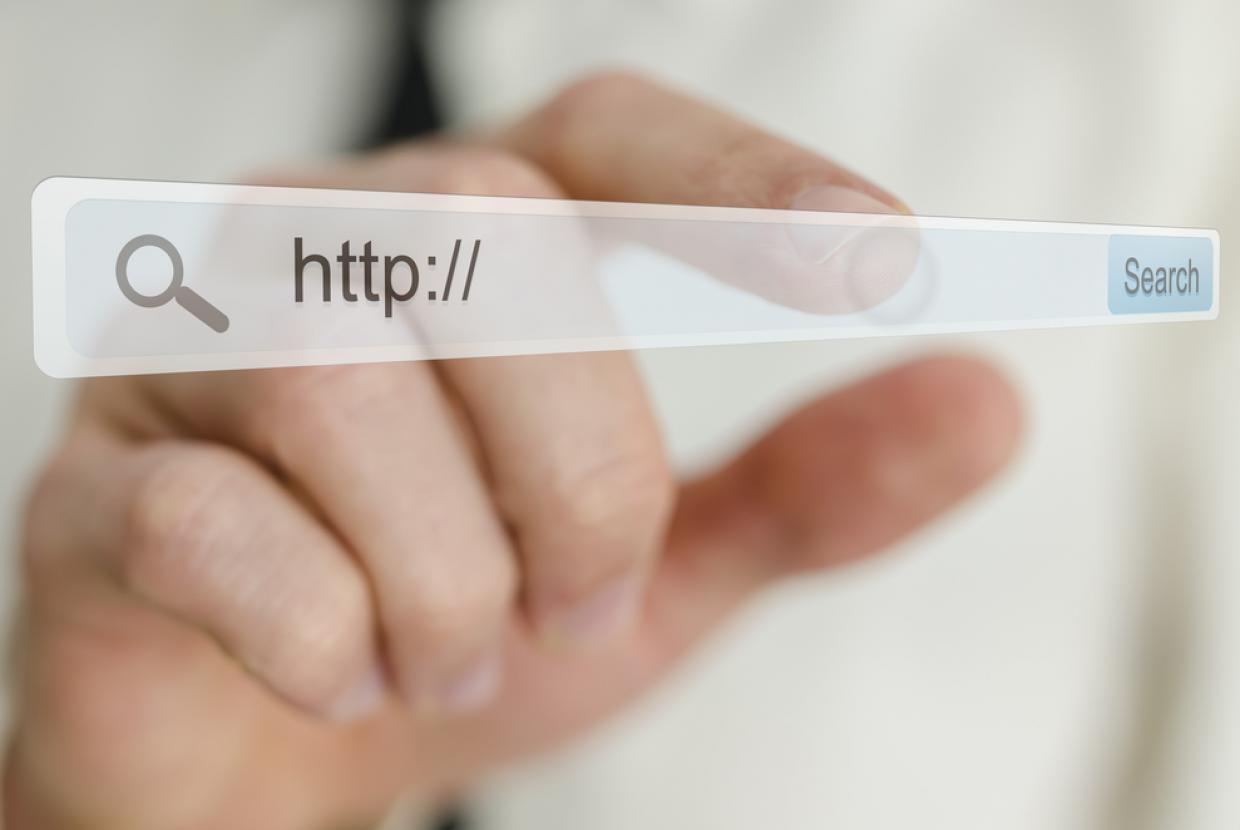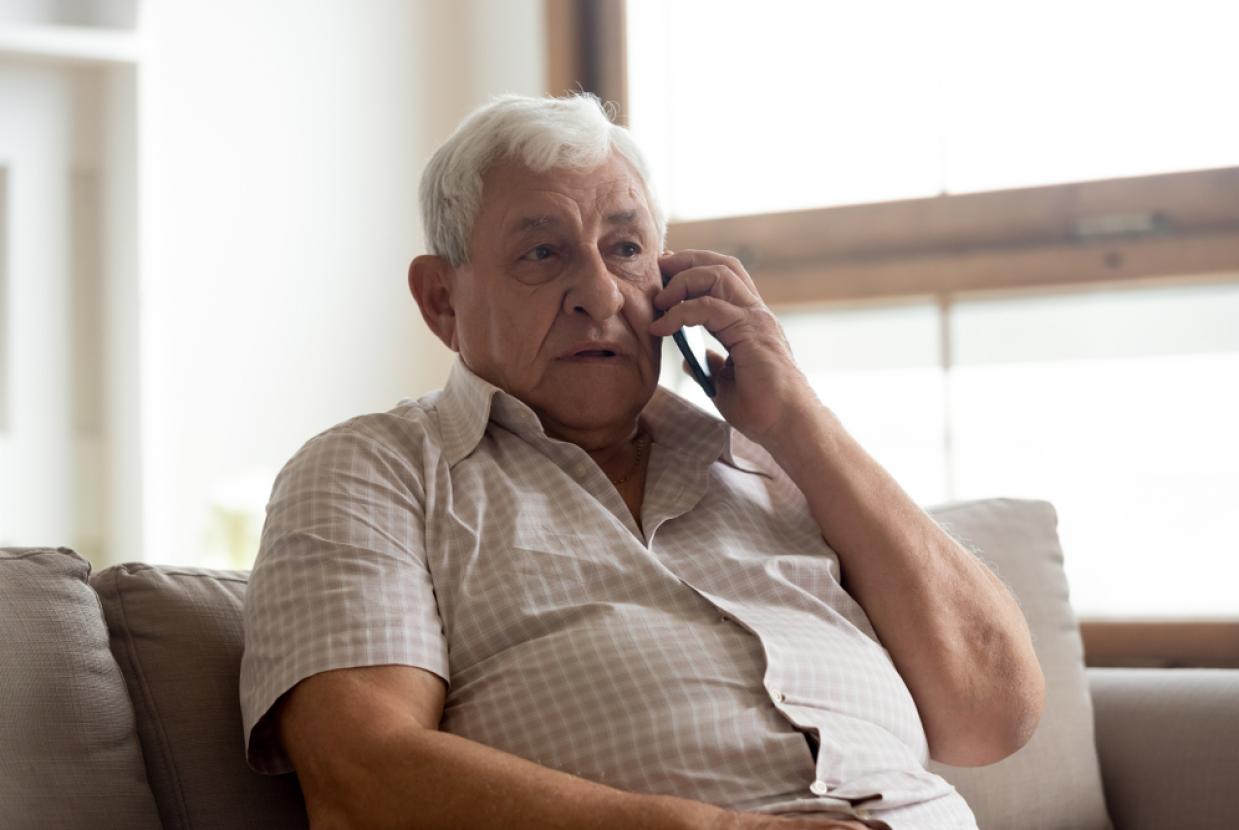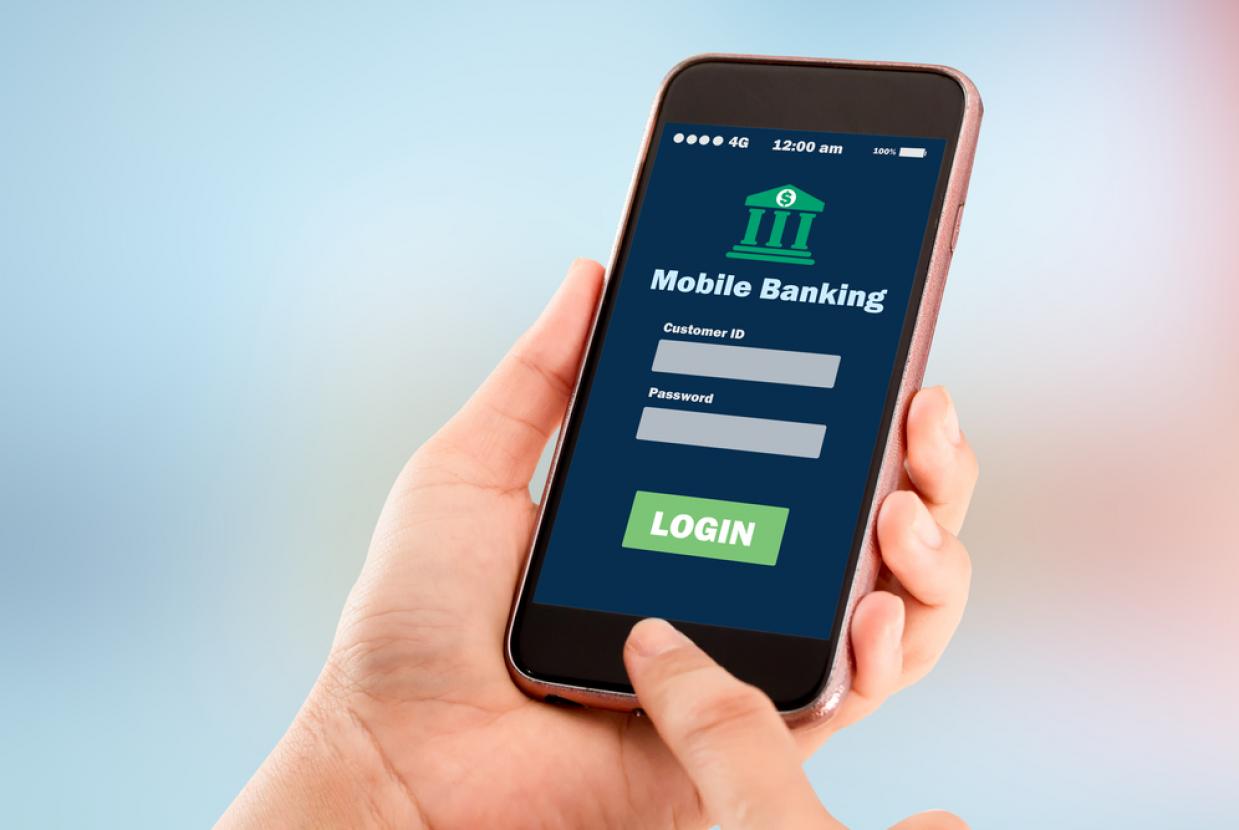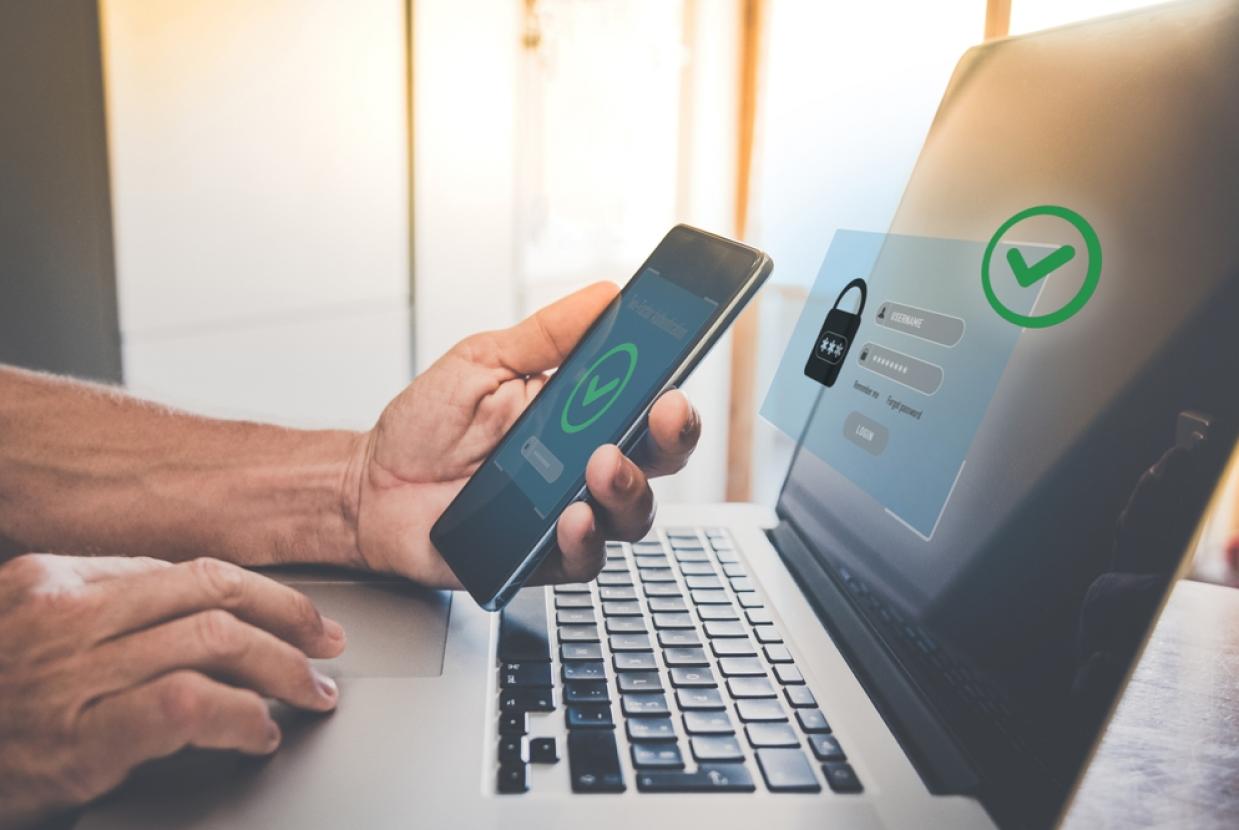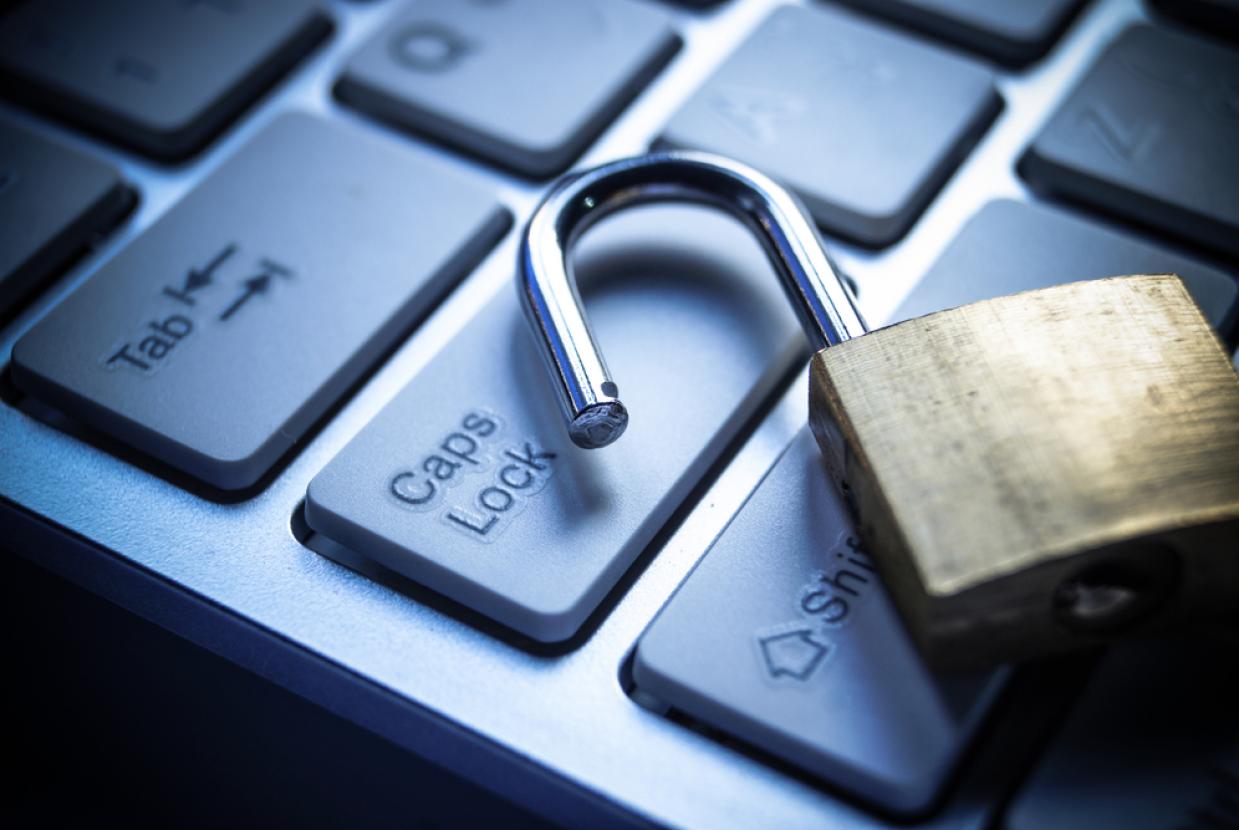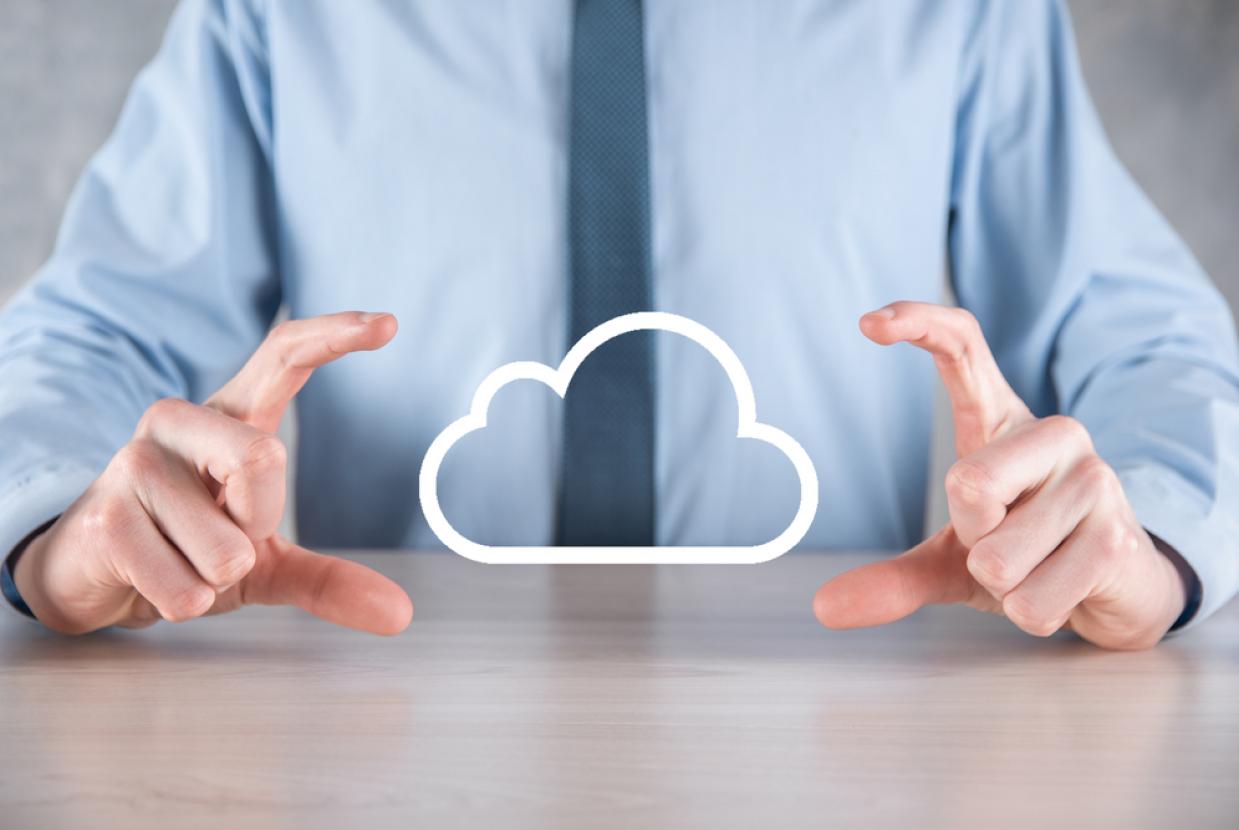Scams warning: about the Winter Fuel Payment
Cyber SecurityScam warning: do not reply to texts, emails or calls about the Winter Fuel Payment
If you receive a text, email or call telling you to claim a £300 Winter Fuel Payment from the government, it’s likely a scam designed to steal your money or personal details. Here’s how to report potential scams, plus help if you think you might be a victim.
What is the Winter Fuel Payment?The Winter Fuel Payment is a government grant in England and Wales to help pay for heating bills, worth between £100 and £300 each year.
The Winter Fuel Payment is usually paid automaticallyThe government will usually work out if you’re eligible and send you a letter in October or November telling you how much you’ll be paid in November or December.
This means you normally do not have to do anything to get it.
You can see who qualifies for the Winter Fuel Payment (Opens in a new window) and who needs to claim (Opens in a new window) on GOV.UK.
You can contact the official Winter Fuel Payment CentreIf you do need to claim, or for any queries, make sure to contact the official Winter Fuel Payment Centre (Opens in a new window)
You can call the helpline or write by post or email.
How to spot a Winter Fuel Payment scamRemember, the payment is automatic for nearly everyone, so anyone pressuring you to hand over details or follow instructions is not from the government.
You do not need to unlock, release funds or confirm details.
The government will never contact you to claim the Winter Fuel Payment by:
- text message
- phone call
- social media ad or message.
If you are contacted, it’s likely a scammer trying to trick you into giving away your bank details and other personal information.
For example, a text or email might appear as being sent from HMRC or the DWP, with a link to a website where you can apply for the Winter Fuel Payment – or other government payments or grants.
This website will be fake and any information you enter can be seen and used by the scammer.
For more information, see How to spot and report fake websites and pharming scams.
What to do if you’ve been contactedIf you think you might have been contacted by a scammer:
- do not click on any links or give away any of your personal information, and/or
- end the call.
Remember, most people will receive the Winter Fuel Payment automatically if they’re eligible.
For any queries, you can call or write to the official Winter Fuel Payment CentreOpens in a new window on GOV.UK.
Report potential scams to try and stop themTo help the government investigate and stop anyone from falling for these scams, always:
- forward suspicious:
- emails to report@phishing.gov.uk (Opens in a new window)
- text messages to 7726 – you won’t pay for this
- report online scam adverts to the Advertising Standards Authority (ASA)Opens in a new window
If the scam appears to be from HMRC, you can also:
- forward suspicious HMRC:
- emails to phishing@hmrc.gov.uk Opens in a new window
- text messages to 60599 – you’ll pay your normal rate
- report suspicious HMRC:
- phone callsOpens in a new window on GOV.UK
- social media messages or accounts to security.custcon@hmrc.gov.ukOpens in a new window.
You can register for the free Telephone Preference ServiceOpens in a new window to stop receiving sales and marketing calls from genuine companies.
This might not stop the scam calls but could make it easier to spot when a scammer is claiming to be from a legitimate organisation.
What to do if you’ve shared your personal detailsIf you’re worried you might be a victim of a scam, you can:
- report the scam to Action FraudOpens in a new window if you live in England, Wales or Northern Ireland
- contact the Police to report the crimeOpens in a new window if you live in Scotland. in En in EnOpens in a new window
If you’ve shared any of your personal details, you can also contact the HMRC security team by emailing security.custcon@hmrc.gov.ukOpens in a new window.
If you’ve shared any of your bank details, like your debit card number, contact your bank or building society to let them know.
You can call 159Opens in a new window to be connected to most UK banks and building societies.












